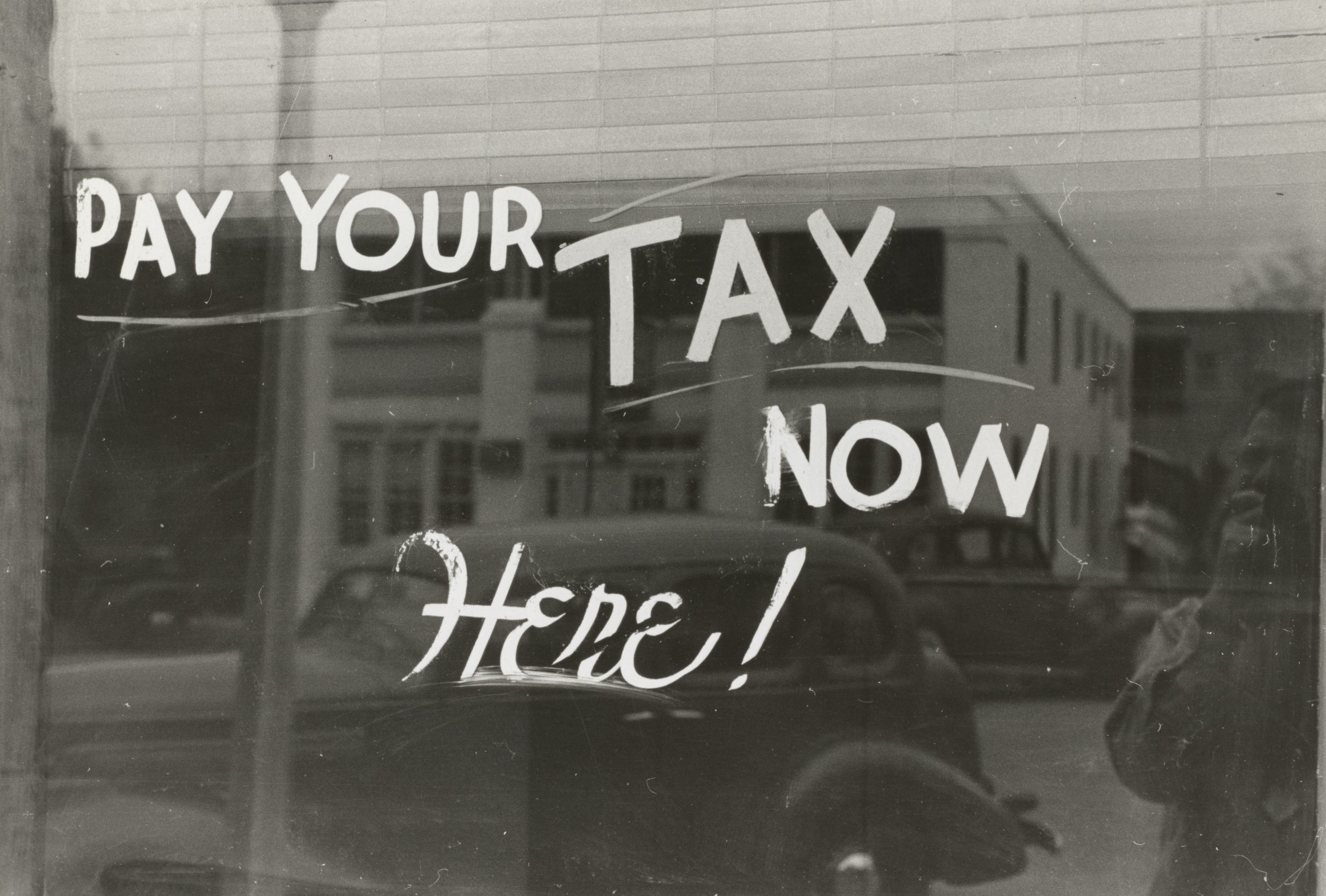Owning investment property has a wealth of benefits, from both a short-term and long-term perspective. As tax time approaches, property investors should start considering tax deductions and investment property tax benefits associated with their property.
There is a range of tax deduction strategies that can benefit any investment property owner, from gearing to replacing the sink. In this month’s blog, we explore a range of investment property tax deductions.
Reducing tax on investment property through gearing
Gearing (lending to acquire property) can be used to reduce tax on an investment property. Gearing is achieved by gaining a loan either by borrowing from a related party, borrowing against current assets/loans, and then applying through your bank. Gearing ratios can range from 50% through to 100%, depending on a variety of factors, for example, your net assets and your taxable income would come into consideration, alongside whether the property was commercial or residential.
Gearing is utilised by offsetting losses from rental properties against the investor’s taxable income (e.g. their salary/wages). There are two types of gearing – negative and positive.
Property Investors are encouraged to consider whether positive gearing (investment income that results in a profit) or negative gearing (borrowing to a level that results in a net loss and potentially offsetting other taxable income) would be more financially beneficial.
Negative Gearing
Negative gearing represents a tax benefit whereby the costs of owning the investment property are higher than the income made on the property. The losses can be claimed against an investor’s entire income, reducing their taxable income.
Positive Gearing
Positive gearing, on the other hand, refers to a situation in which the income made on an investment property is in excess of the costs of owning a property. To work out whether this is the case, you must take into account expenses such as loan repayments, the costs of interest, water bills, and maintenance costs.
Investors with positively geared properties generally enjoy a net gain on their investments and tend to make a steady income.
Reducing tax on investment property through depreciation
Tax depreciation takes into account that an investment property will wear out over time, with most components needing to be replaced every decade or so. Works made to property while it’s being tenanted are tax-deductible. Whether or not you are able to claim tax relief is contingent on who paid for the construction costs.
Repairs
Repairs are costs that are incurred to keep a property maintained. It’s important to note that repairs must only be for maintenance, not improvements. For example, a non-functioning air conditioner would be classed as repair, whereas a functioning air conditioner that gets replaced would be classed as an ‘improvement’. Examples of repairs include:
Essential Trade Work
- Plumbing & gas
- Electrical
- Handy Man
Essential repairs/maintenance
- Window repairs
- Kitchen appliance maintenance
- Carpet repairs
- Air conditioning repairs
- Furniture repairs
- Gardening/lawn maintenance
- Cleaning
- Pest control
Construction
Construction refers to expenses related to maintaining the structural integrity of the property, such as brickwork, concreting, and stonemasonry.
Deductions on construction components can be claimed for works that were originally paid for by a developer or previous owner, as long as they are no more than 40 years old. However, legislation introduced in 2017 means that investors in second-hand properties cannot claim depreciation on items within the ‘repairs’ category.
To ensure the claims process is as easy and smooth as possible, both repairs and construction allowances are deducted against a property owner’s assessable income. As long as the property remains available to rent, a property investor can continue to claim depreciation costs on tax.
Deductions
Building cost write-off
If your investment property is less than 25 years old, the investment property owner would be able to claim a deduction of 2.5% per annum of the original cost of construction for up to 40 years from the original date of construction. In some cases, this rate may increase depending on if the property is commercial/industrial.
To best manage building cost write-off, it’s recommended to utilise a quantity surveyor to create depreciation schedules and advise on claim entitlements.
Other investment property tax-reducing expenses
Outside of the major costs associated with maintaining an investment property as listed above, there are also a number of other ways to reduce tax on an investment property.
Rental advertising
The cost of any marketing materials required to have your investment property leased. These costs must be claimed in the same tax year they are made.
Rates
Rates can be deducted in the tax year that they are paid. The property must have been leased/tenanted during the rate period.
Investment property associated fees
- Bank loans, interest, and fees
- Property insurance
- Lenders mortgage insurance
- Property Agent fees
- Leasing costs
- Booking Keeping fees
- Quantity Surveyor fees
- Body Corporate fees
- Land tax
- Legal fees
- Water
Stationary and phone
Unsurprisingly, investment property management can be likened to running a business. This allows property investors to benefit from tax deductions in stationary, phone bills, postage & in some circumstances, related travel costs.
With the countdown to tax time now on, there’s no better time to engage with an accountant, tax advisor, or your preferred financial professional to ensure you have everything documented to successfully submit your tax return and reduce tax on your investment property.
For those looking to enter the investment property market, it’s important to familiarise yourself with all the different ways to benefit from tax deductions through investment property and ensure expenses are planned to fall within the financial year to maximise your return.
Always speak to your qualified financial advisor for tailored advice for you.
We’d love to connect



